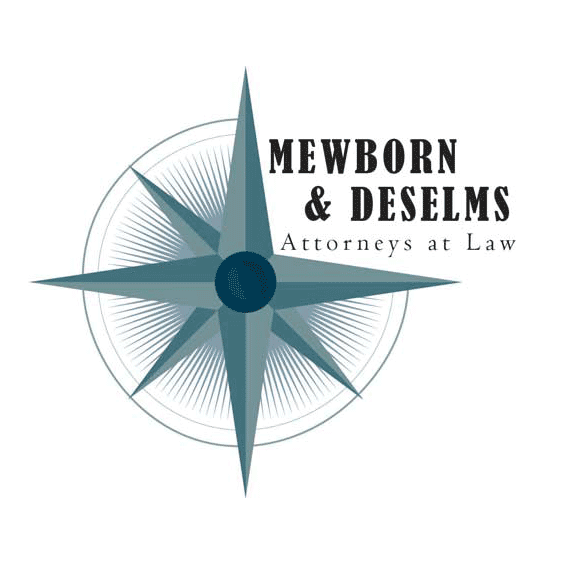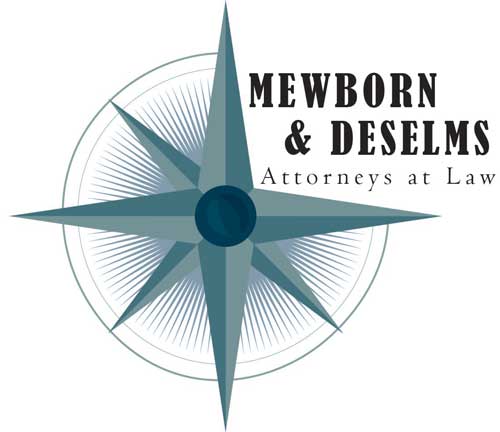The loss of a loved one is often a very traumatic moment in a person’s life. If that individual was someone that you relied upon for support financially, it can be hard to know how you will be able to make ends meet after he or she has passed. For those tasked with making an accounting of the estate’s assets and debts, this can add to the stress involved with the loss.
If you are the executor of the individual’s will or other estate planning documents, you will need to determine all of the assets and debts that are connected with the estate. It will be your responsible to ensure that creditors are notified of the death, and that debts are paid in a timely manner. These debts can include credit card bills, utilities and other debts, such as income taxes, for the year in which the individual passed away.
What pays the bills?
CNBC explains that after evaluating the estate, you may need to determine what passes directly to heirs and beneficiaries without going through the probate process. This can be challenging, as people do not often include this information in one place. You might have to do some digging to really know what exactly is out there, and the funds associated with these accounts.
For example, consider an instance where your loved one named his daughter on a valid life insurance policy and his son on his retirement account. These assets may pass directly to the named beneficiaries without first having to through probate.
What happens if the estate is in debt?
When an estate has more debts than assets, it is important to take a close look out the outstanding bills of the estate. When funds are short, you may have to determine which of the bills is most important. Finding the right path forward there is extremely challenging, and carries significant risks. Executors could find themselves facing potential financial uncertainty if they do not deal with the debts in the correct manner.
In some circumstances, creditors who have no been repaid may try to bring actions to recover the amounts that they are owed. They are frustrating and time-consuming lawsuits, and could tie up assets while the case is ongoing. Often, these cases are unsuccessful, but this is stress that you do not need at an already difficult time in your life.
An experienced lawyer can help guide you through the probate process to make sure that a loved one’s final expenses are dealt with correctly. This can allow you to focus on the grief that comes with your loss.


